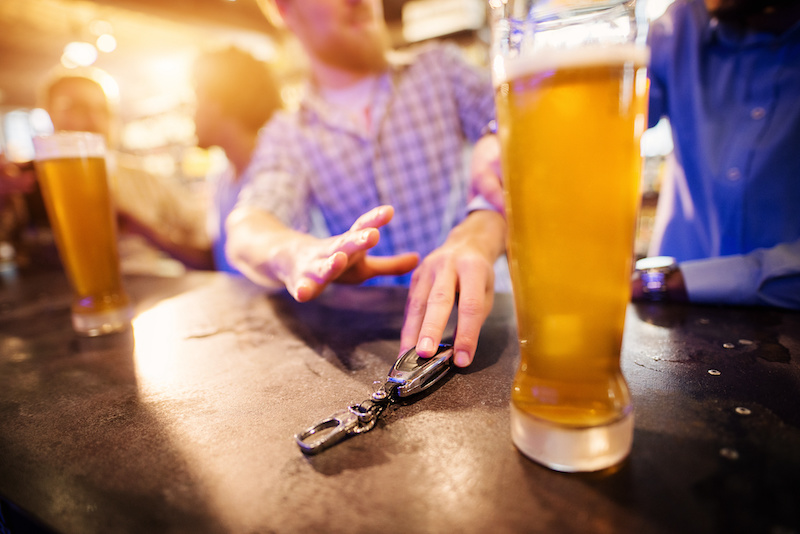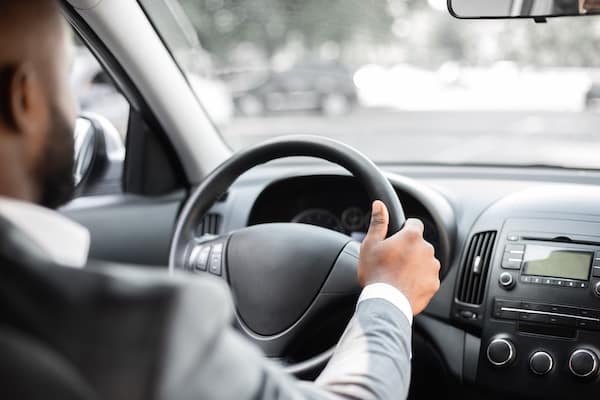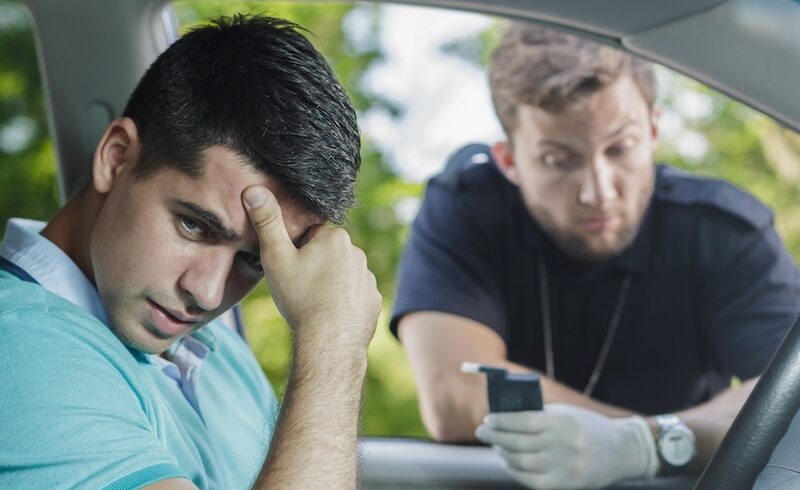
In the United States, it’s illegal in every state to drink alcohol if you’re under the age of 21. It’s also illegal in every state to be driving under the influence with a blood alcohol concentration of 0.08 or higher.
For minors, those rules are even more strict. Especially when zero tolerance laws are implemented. Let’s go over everything you need to know about zero tolerance laws in Illinois.
What are Zero Tolerance Laws
Illinois has zero tolerance laws that affect everyone under the age of 21. For drivers who are 21 or older, you would get slapped with a DUI if your BAC is 0.08 or higher.
However, since it’s illegal to consume alcohol at all if you’re a minor, any minor who is caught with any amount of alcohol in their system while driving can be given a zero tolerance ticket.
If you’re a young person who is caught drinking and driving, you can face serious legal consequences.
The Legal Consequences of Drinking and Driving as a Minor
To be clear, driving while under 21 and having a BAC over 0.0 is illegal in the state of Illinois.
If it’s your first time being caught drinking and driving, your driving privileges will be suspended for three months. If you refuse to take an alcohol test, then your driving privileges can be suspended for up to six months.
If you’re caught a second time, your driver’s license will be suspended for one year. Similarly, it will be suspended for two years if you refuse to take an alcohol test.
If you received a DUI while under 21, you also won’t be eligible for an RDP (restricted driving permit). This is a permit that says you are allowed to drive if you can prove that you would be undergoing a hardship otherwise.
So, if driving is necessary for you to go to school or work, you’ll be out of luck.
If you’re caught drinking and driving for the first time and your BAC is over 0.08%, your driving privileges will be suspended for six months. They’ll be suspended for one year if you refuse to be tested for alcohol concentration.
If you’re caught a second time at any age within the following five years, your driving privileges will be suspended for one year. If you refuse to take an alcohol test at that point, those privileges will be suspended for three years.
Underage DUI Convictions
The first time you’re convicted with an underage DUI, you can end up spending one year in jail and have to pay fines of up to $2,500. You’ll also have to give up your driver’s license for at least two years.
You wouldn’t be eligible for driving relief until the first year has passed.
If you’re convicted a second time, you would still face a maximum of one year in jail and fines of no more than $2,500. However, your driver’s license would be revoked for no less than five years or until you turn 21. It’s whichever is longer, not shorter.
You will also have to spend a minimum of five days in prison or do community service for 240 hours.
An aggravated DUI is any DUI that also results in a felony charge. This could be a DUI that results in death or bodily harm or is your third or subsequent conviction. You can also receive an aggravated DUI conviction if you committed a DUI without a valid permit, license or insurance.
Those convicted of aggravated DUIs can spend up to 14 years in prison if someone died and up to 28 years of imprisonment if they caused multiple deaths.
What to Do if You’re a Minor with a DUI
Minors who receive DUI sanctions can often feel hopeless and scared. Luckily, there are routes that can be taken in order to mitigate the effects of such penalties.
For example, you can challenge a license suspension and might even be eligible for some type of driver relief. In Illinois, DUI-sanctioned drivers can receive relief if they are at least 18 years old, serve a “hard” suspension for 30 days, and drive a vehicle equipped with a BAIID.
A BAIID is a Breath Alcohol Ignition Interlock Device. If the minor drives a vehicle without a BAIID, then they’ve committed a Class 4 felony. This can result in a prison sentence between 30 days and 3 years and fines up to $25,000.
It’s also highly advised that you retain the services of an experienced DUI attorney.
For a police officer to pull a driver over, they must first have probable cause. This means that the driver needed to have violated a traffic law. If the cause for the original stop was insufficient, it’s possible that the case could be thrown out entirely.
Even if the stop was justified, the officer still needed probable cause to suspect the teen had been drinking. Probable cause includes smelling alcohol on the driver’s breath or seeing an open container in the car.
Also, the officer might’ve failed to Mirandize the driver, or the breathalyzer might not have been working properly. If the driver has a disability, medical conditions, or is on prescription medications, the breathalyzer results might actually be invalid.
The average person wouldn’t necessarily know this or know how to use these facts to dismiss a case. Luckily, a savvy DUI lawyer can pull out all the stops in order to help retain the rights of the driver and help them to the full extent of the law.
The Importance of Knowing About Zero Tolerance Laws
By knowing about zero tolerance laws, parents and teenagers can both be more equipped to avoid legal problems as well as with the know-how to mitigate them.
Have you or your child been sanction with an underage DUI? Contact us today and get a free consultation!


